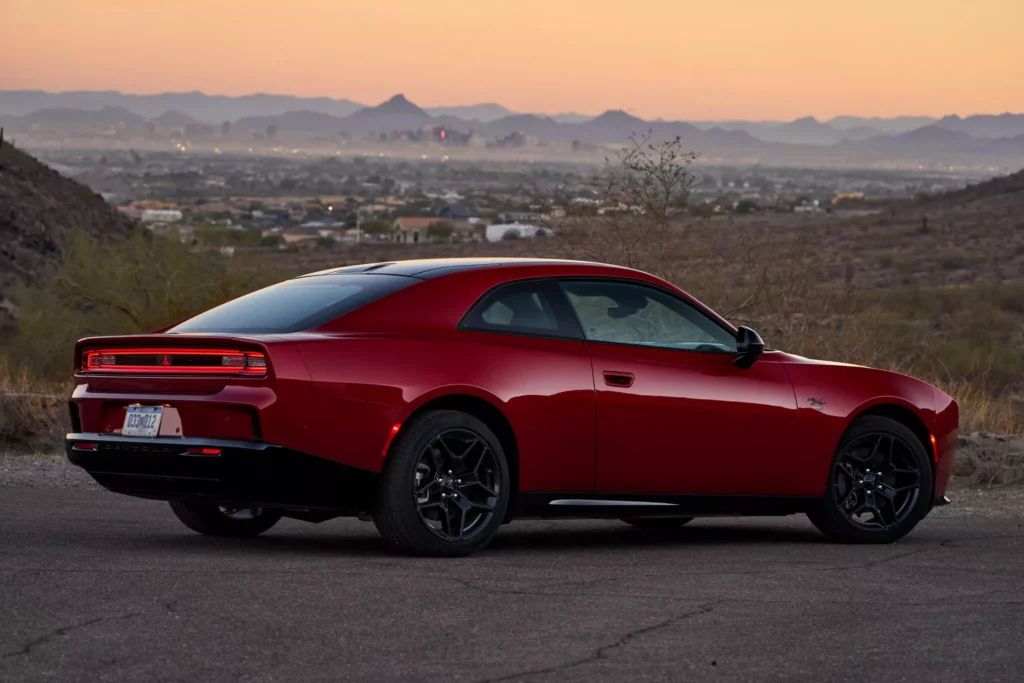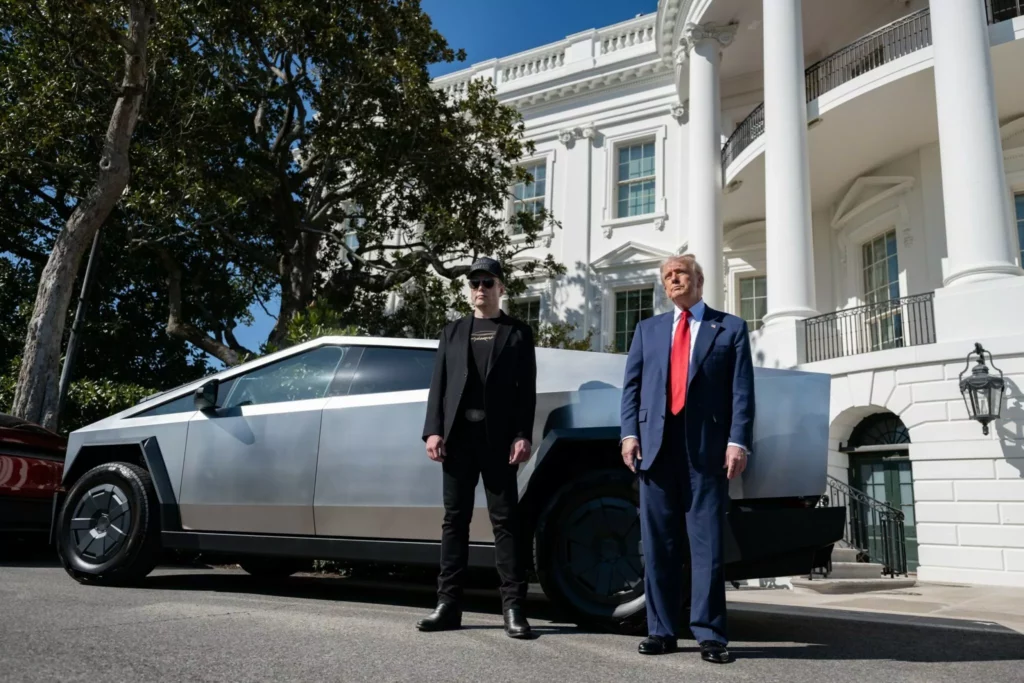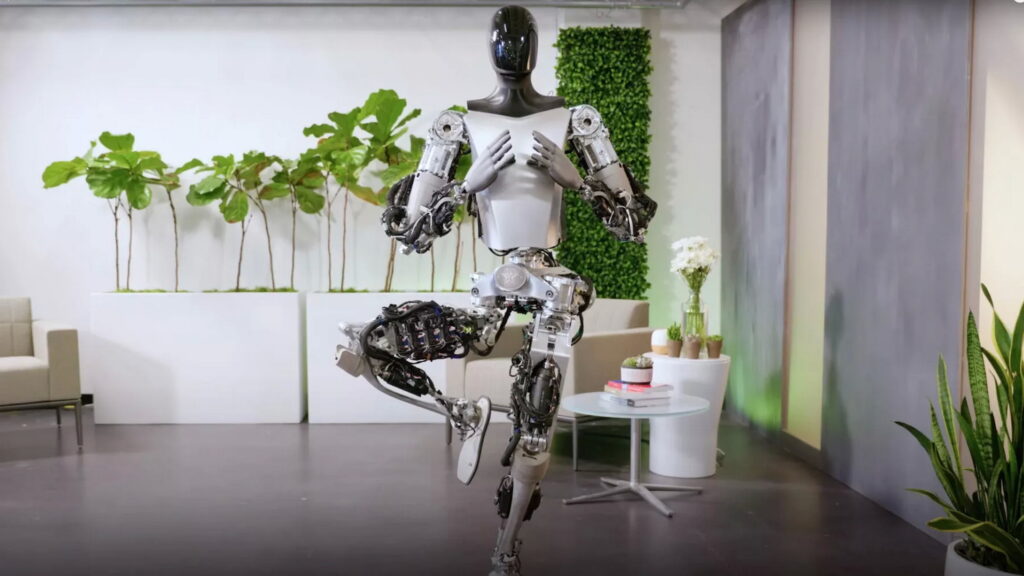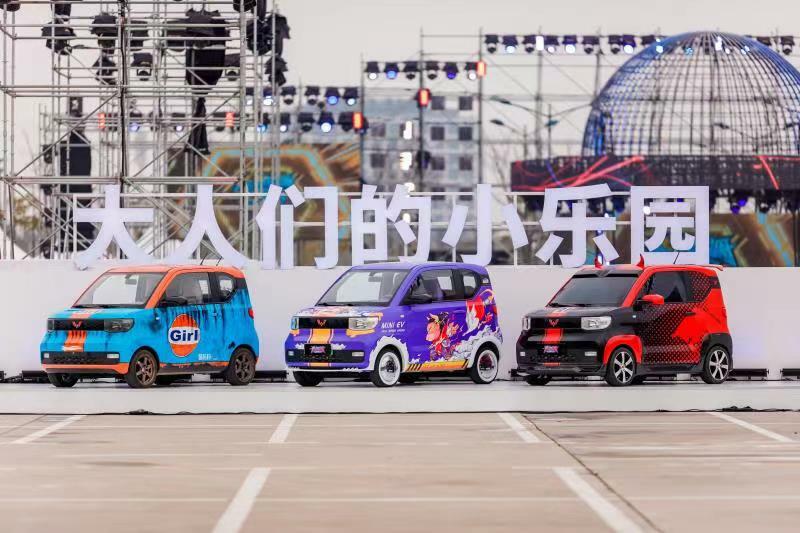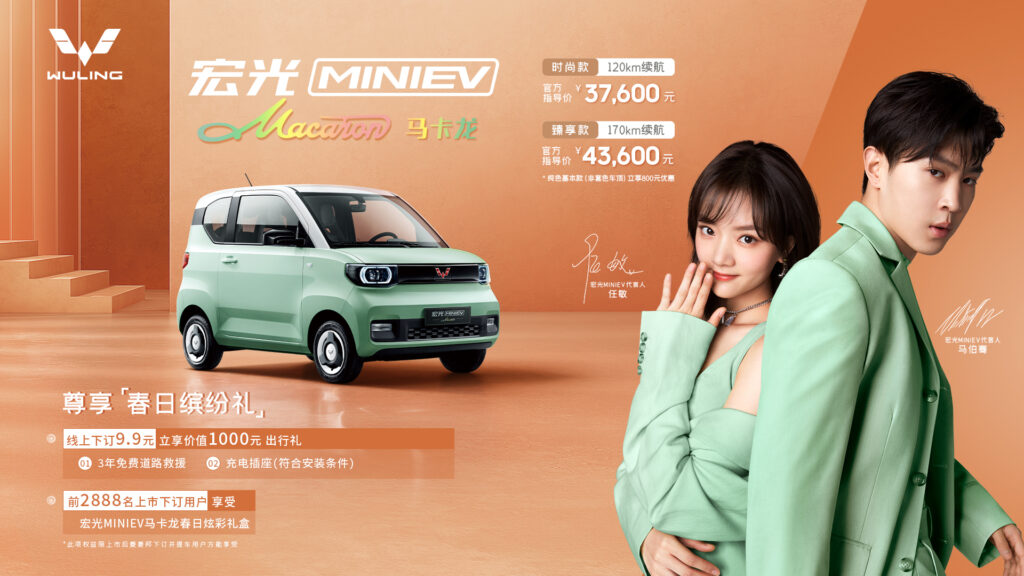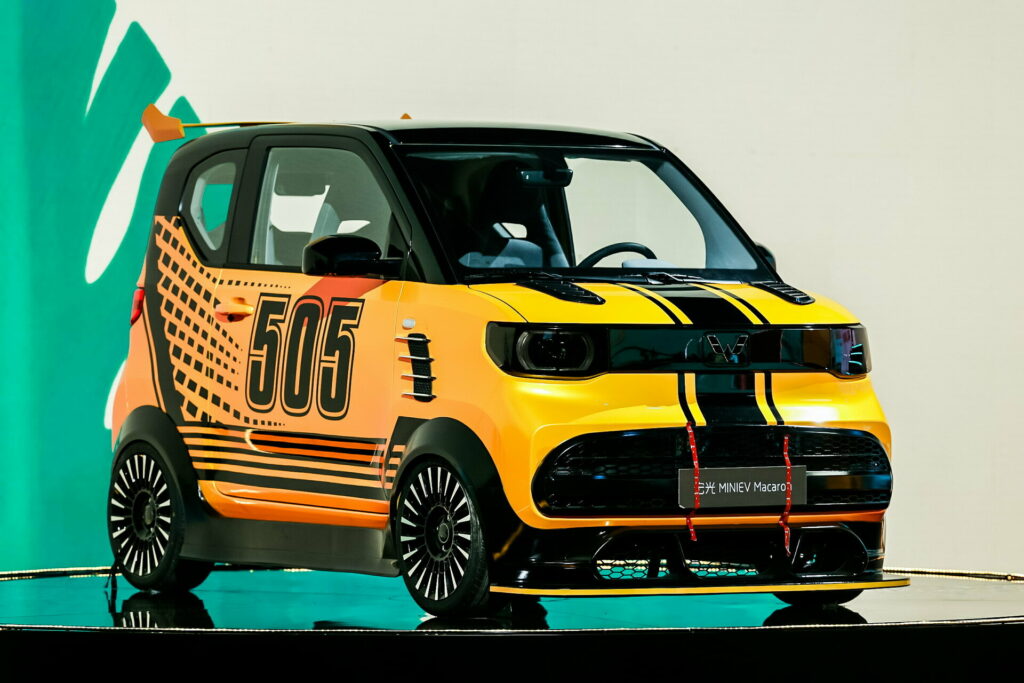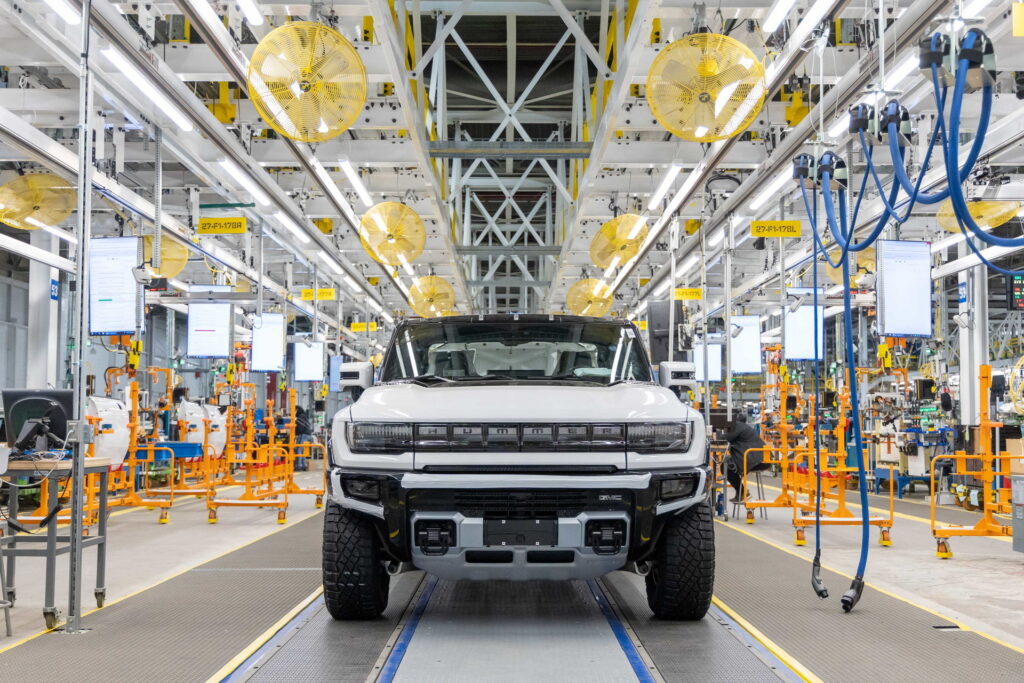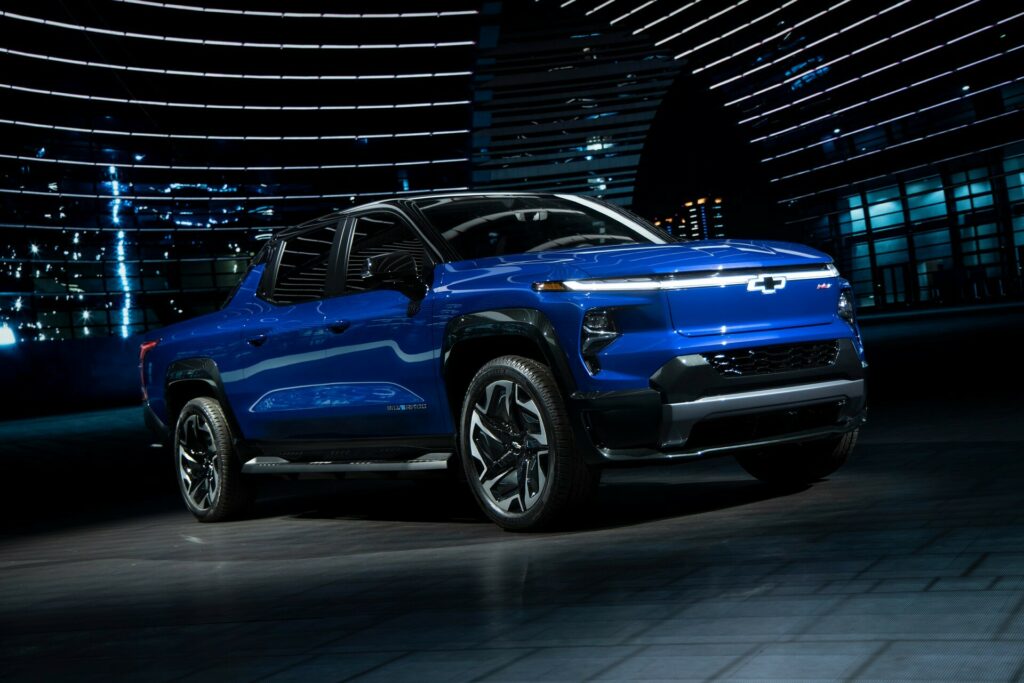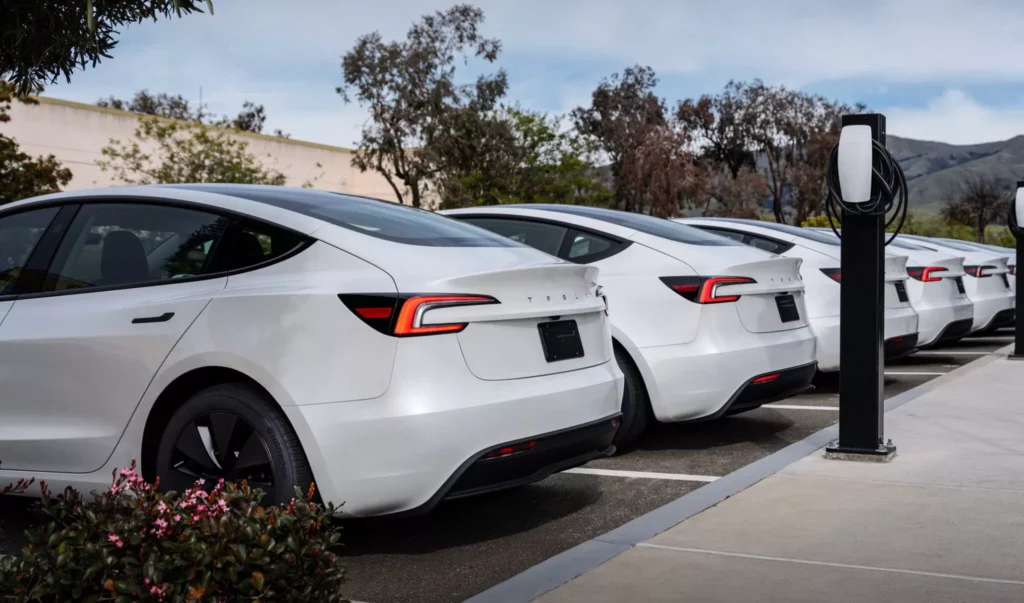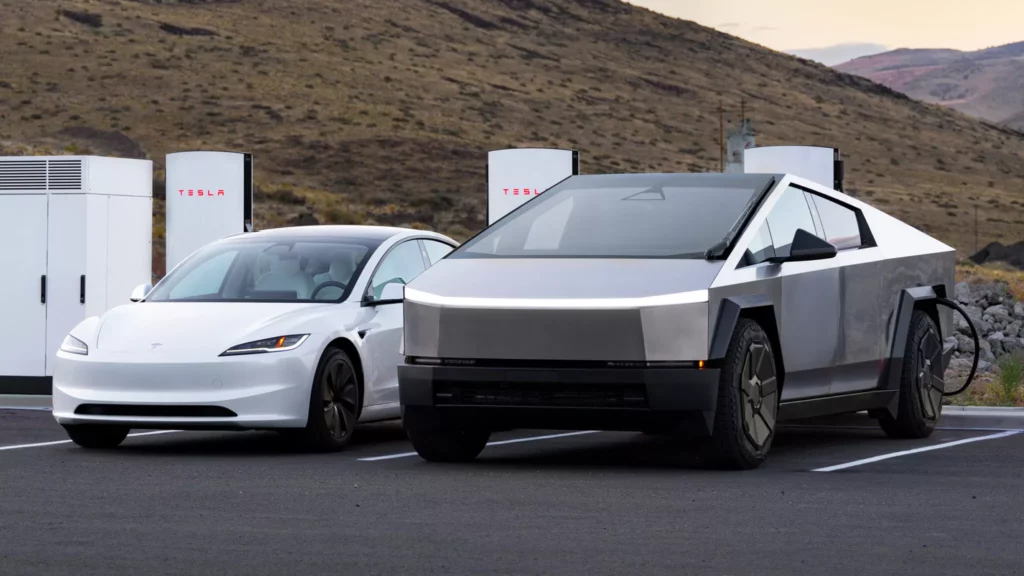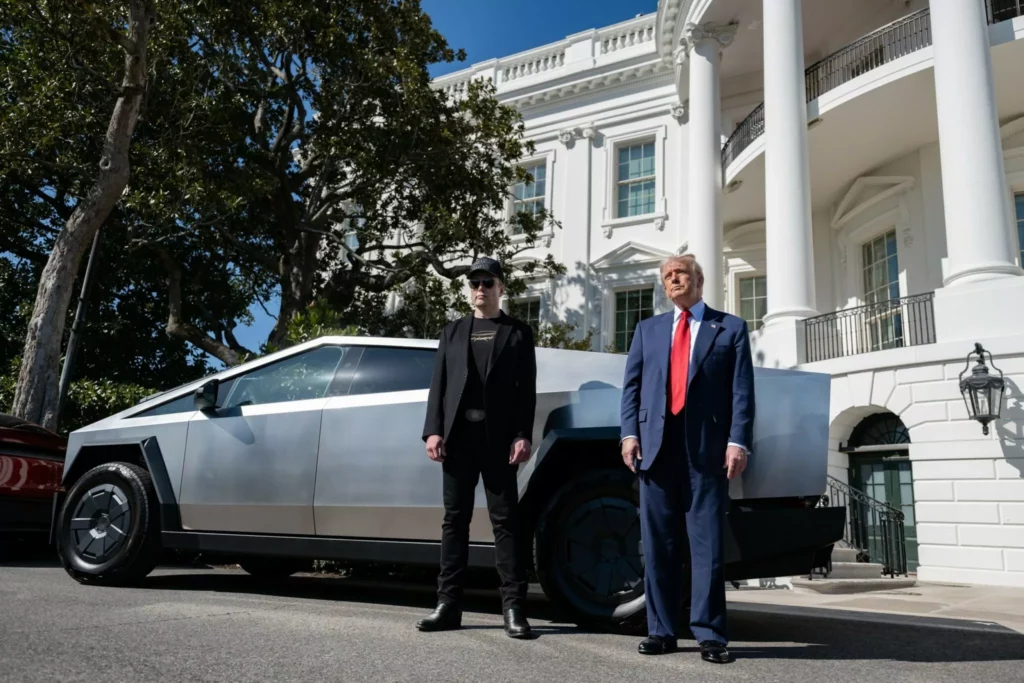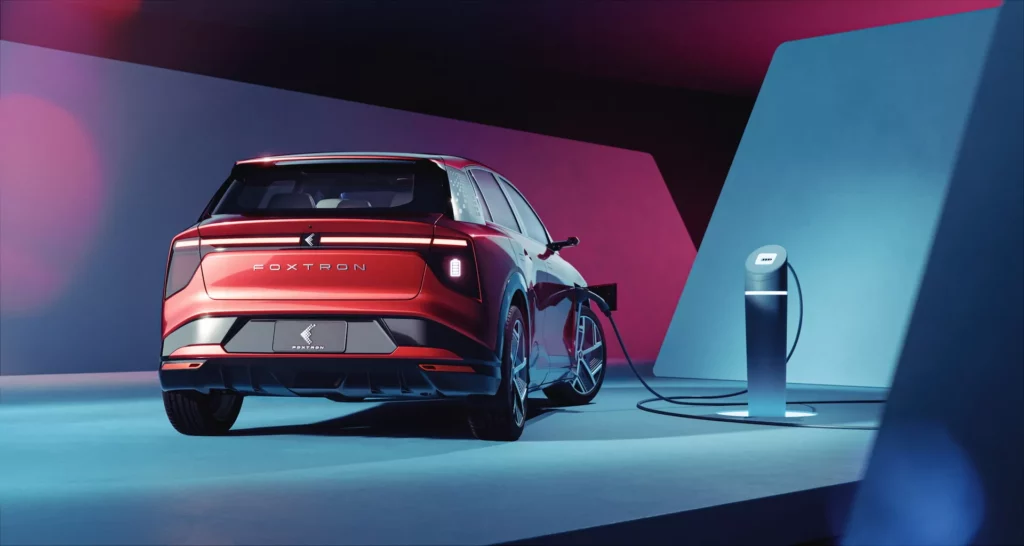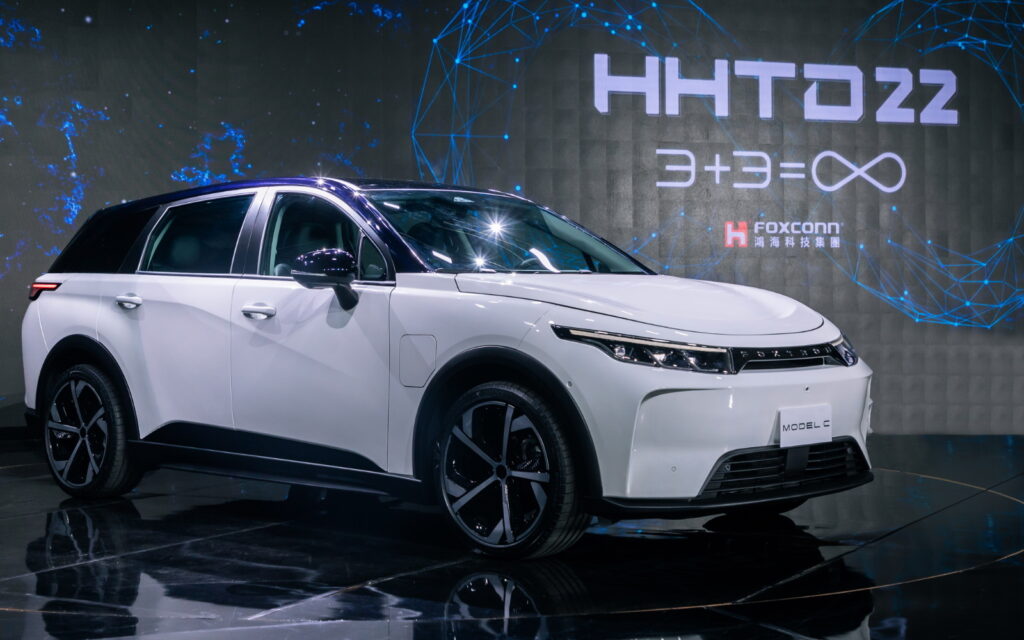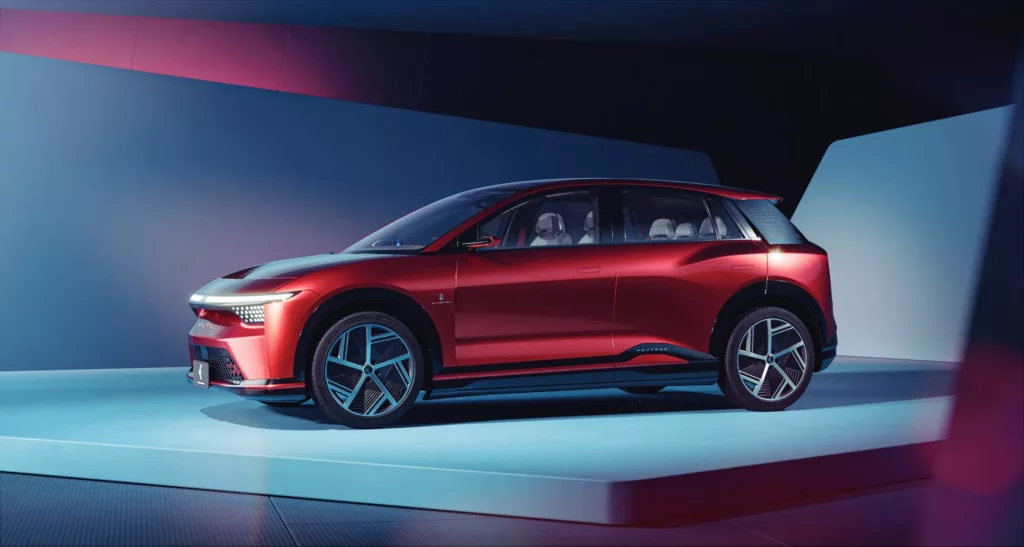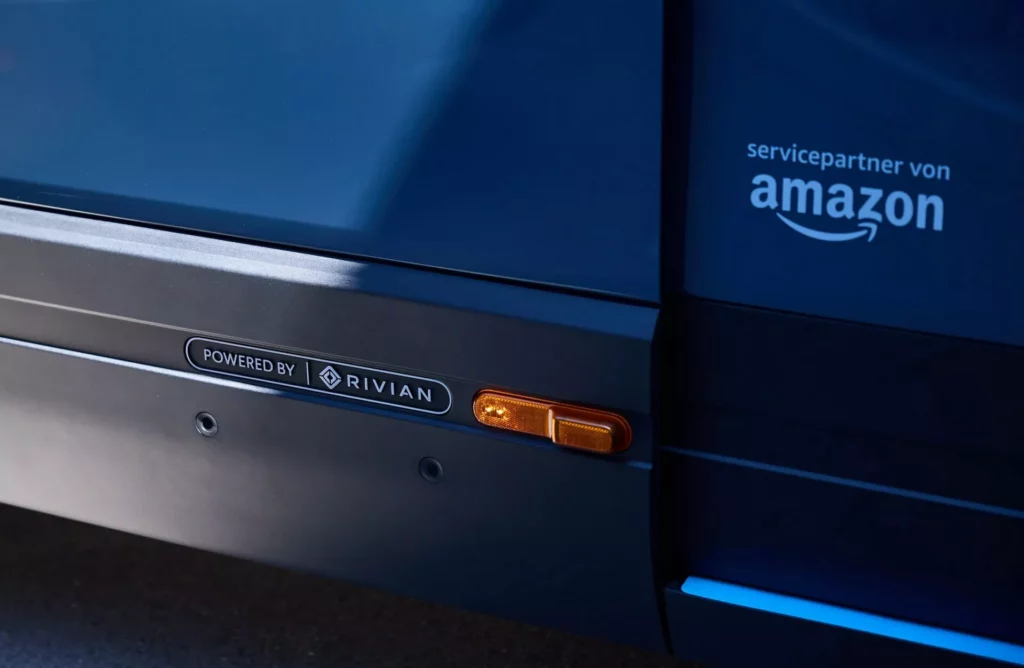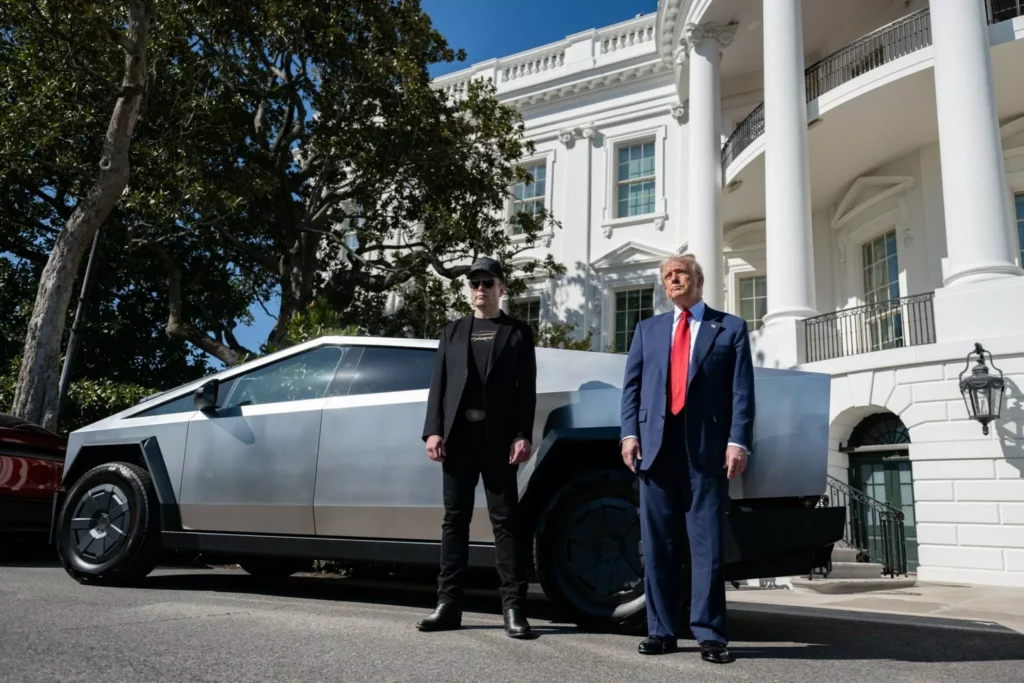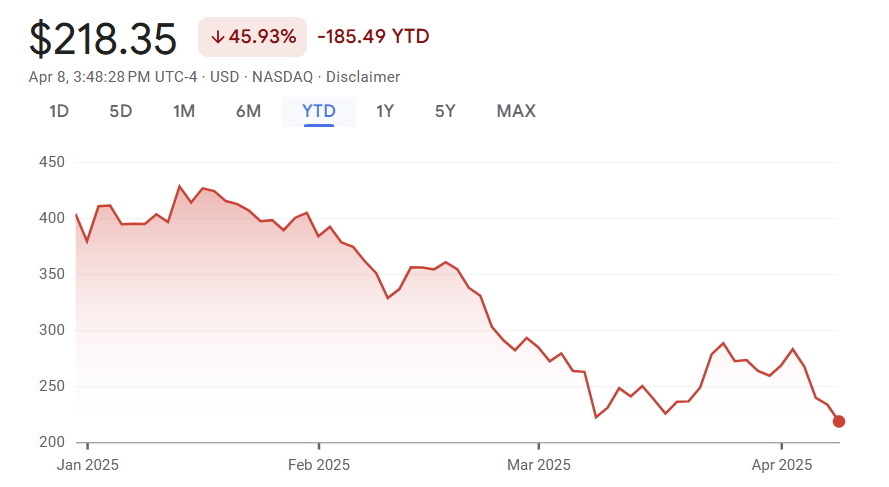Dodge Desperate To Sell Charger Daytona EVs, Prays Huge Discounts Will Lure Buyers
- The Charger Daytona EV came with big expectations, but soon proved to be a sales flop.
- Things are so bad that dealers have been offering huge discounts since late last year.
- Now Dodge is chiming in with a $6.5k rebate and awaits the ICE Sixpack and, possibly, V8.
Electric dreams don’t always go according to plan, especially when you’re trying to replace roaring V8s with silent speed. The transition from combustion powertrains to all-electric ones was supposed to be a one-way trip for automakers, the future most agreed was inevitable. But Dodge’s recent experience suggests the road ahead is a lot bumpier than expected.
In fact, the Charger Daytona, which abandoned the ICE powertrains of the previous-gen muscle car, has been underperforming both in tests and, more crucially, in sales.
More: Dodge Sold More Old Challengers And Chargers Than New Daytona EVs In Q1
The situation appears to be so bad that Dodge, which introduced the Charger Daytona EV at the end of last year, is now offering buyers a $6,500 National Retail Consumer Cash rebate, according to Cars Direct, which cites a bulletin sent to dealerships. That’s in stark contrast to what usually happens when a brand new sports car is launched, as dealers are more than eager to slap huge markups on them provided, of course, there is sufficient demand.
However, fans haven’t warmed up to the EV at all, as they still miss the Hemi V8, leaving Dodge with a serious problem on its hands. That challenge is further complicated by reports that the ICE-powered Sixpack could be delayed, as Stellantis has idled the Windsor plant, where it’s set to be built, in response to Trump’s 25% import tariffs.
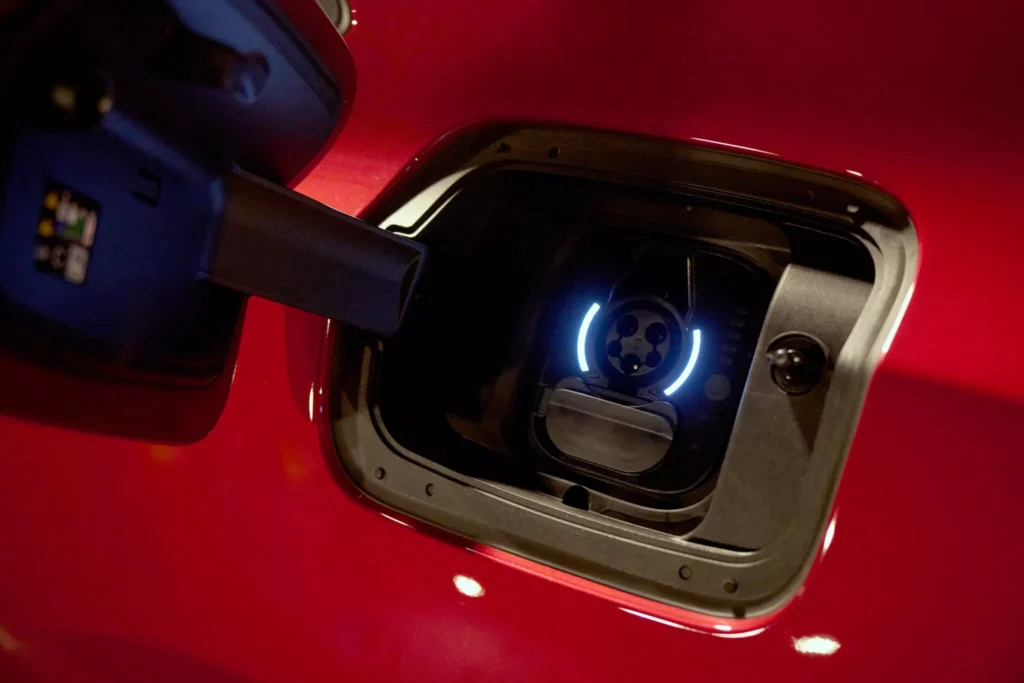
Even if the Sixpack is launched on time and gets well received by buyers, Dodge still has to sell the electric Daytona as well. Apparently, that’s easier said than done, and its dealers know it all too well as they’ve been offering much bigger discounts on their own way before the brand announced its $6.5k rebate.
More: Dodge Charger Still Thinks It’s 1970 And Racing Ford’s Fastest EV Just Proved It The Hard Way
This started in December 2024, but only last month, we found a 2025 Charger Daytona R/T on sale for $39,945. Since this car stickers at $62,685, that’s a discount of $22,740 – and it’s not the largest we’ve seen. In fact, another example that originally retailed for $61,590 was being offered for $36,932, which is $24,658 below MSRP.
Having sold more old, ICE-powered Chargers and Challengers than electric Charger Daytonas in Q1, Dodge has definitely heard the message buyers are sending loud and clear. Thus it falls to the Sixpack to save the day, which is a tall order indeed. The EV lacks anything but power, so that’s not an issue; the character of its ICE predecessor, however, sure is.
Sticker Shock Doesn’t Help
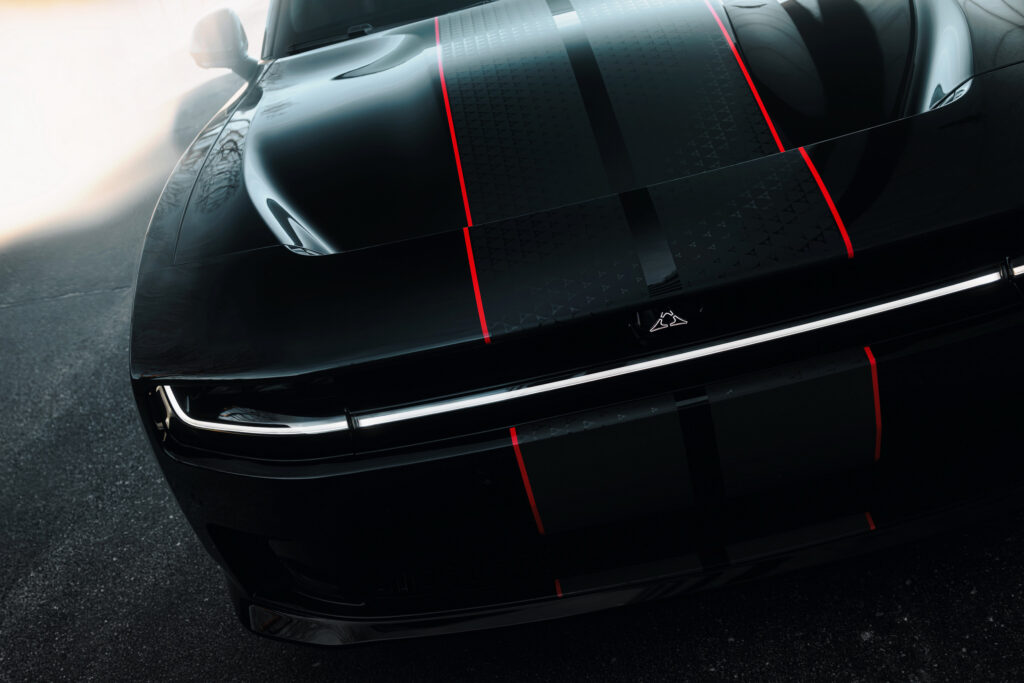
Beyond the lack of emotional connection, there’s the price tag. The Daytona’s pricing strategy follows the same playbook Dodge used with the Challenger, where upper trims stretched into premium territory. But with the new Charger, the starting price has jumped to $59,595 for the R/T and $73,985 for the Scat Pack. Some well-optioned examples are approaching, or even surpassing, the $100,000 mark in terms of MSRP.
More: New Age Charger Daytona Vs. Old-School Mustang V8 In U-Drag Showdown
At that point, the Daytona isn’t just competing with muscle cars, it’s going head-to-head with more refined and tested performance rides. The Ford Mustang GT starts at $46,560. A BMW 440i Coupe runs about $65K. Even the M4, a benchmark in the segment, starts at $80K. It’s hard to imagine what Stellantis was thinking pricing the Daytona this far north, especially with electric performance still a tough sell.
Can A Hemi Save The Day?
So what can Dodge do? The new platform wasn’t built for a V8, but Stellantis might not have a choice. Recent reports suggest the company is already exploring ways to cram a Hemi into the new Charger’s engine bay, possibly as soon as 2026. Whether that move comes in time to save the brand’s muscle legacy is another question entirely. Here’s hoping it’s not too late.
